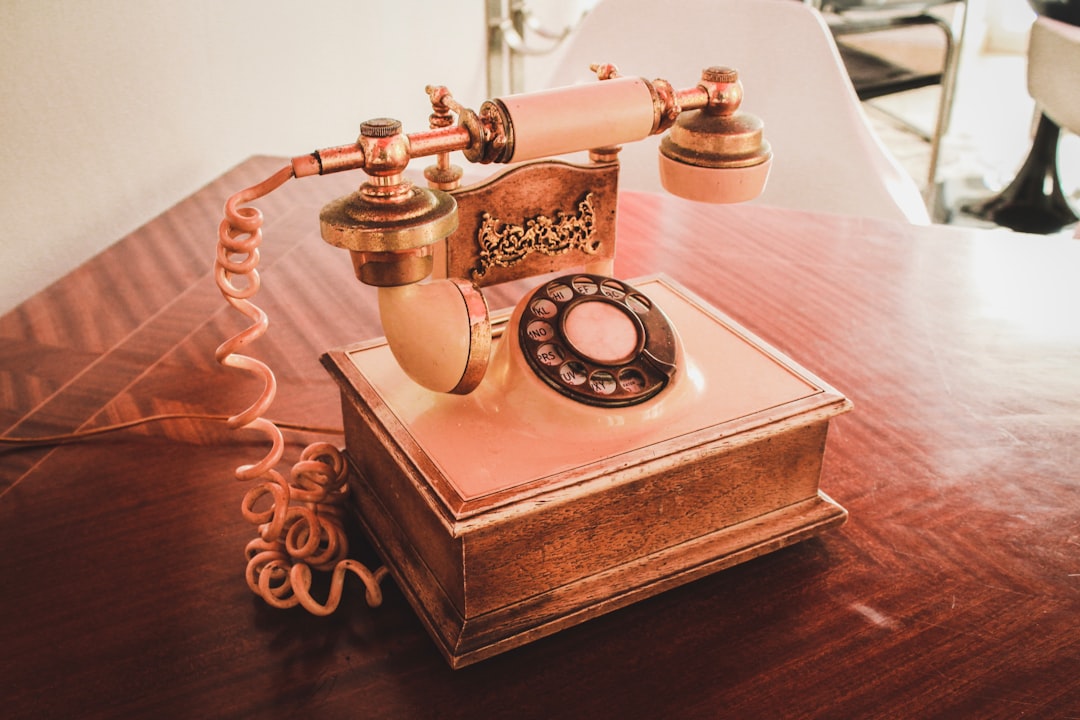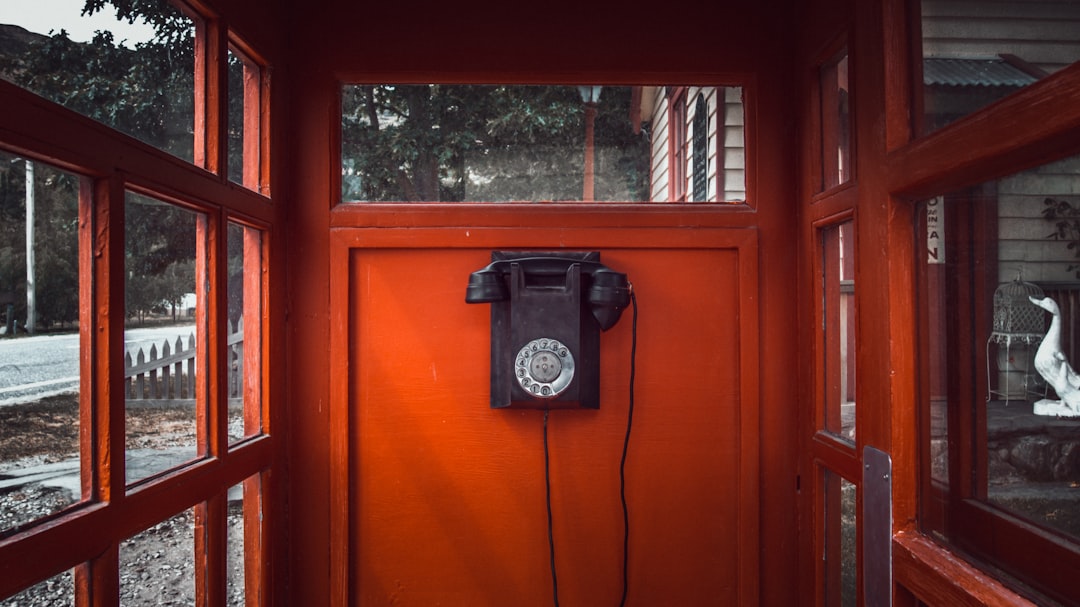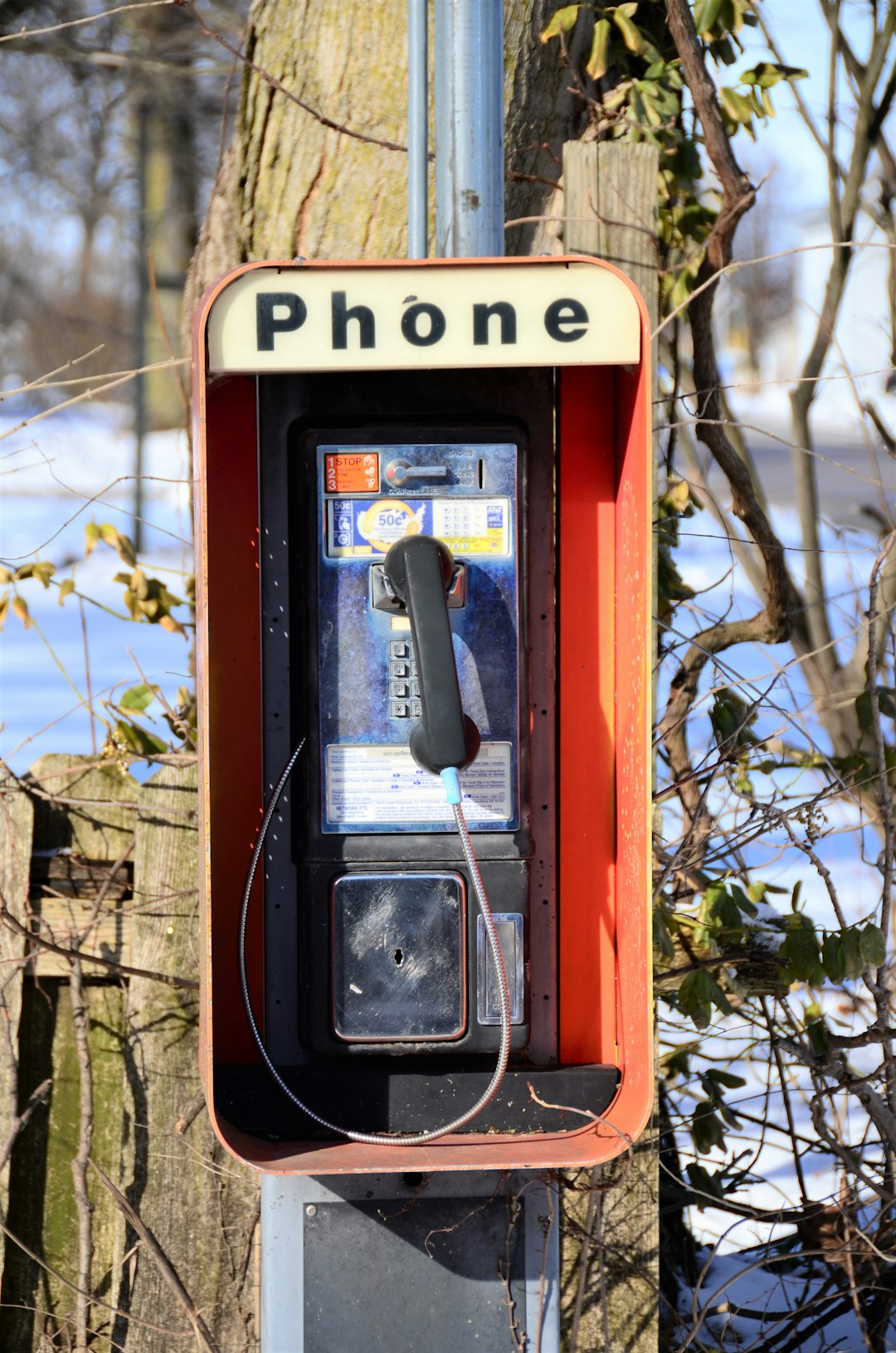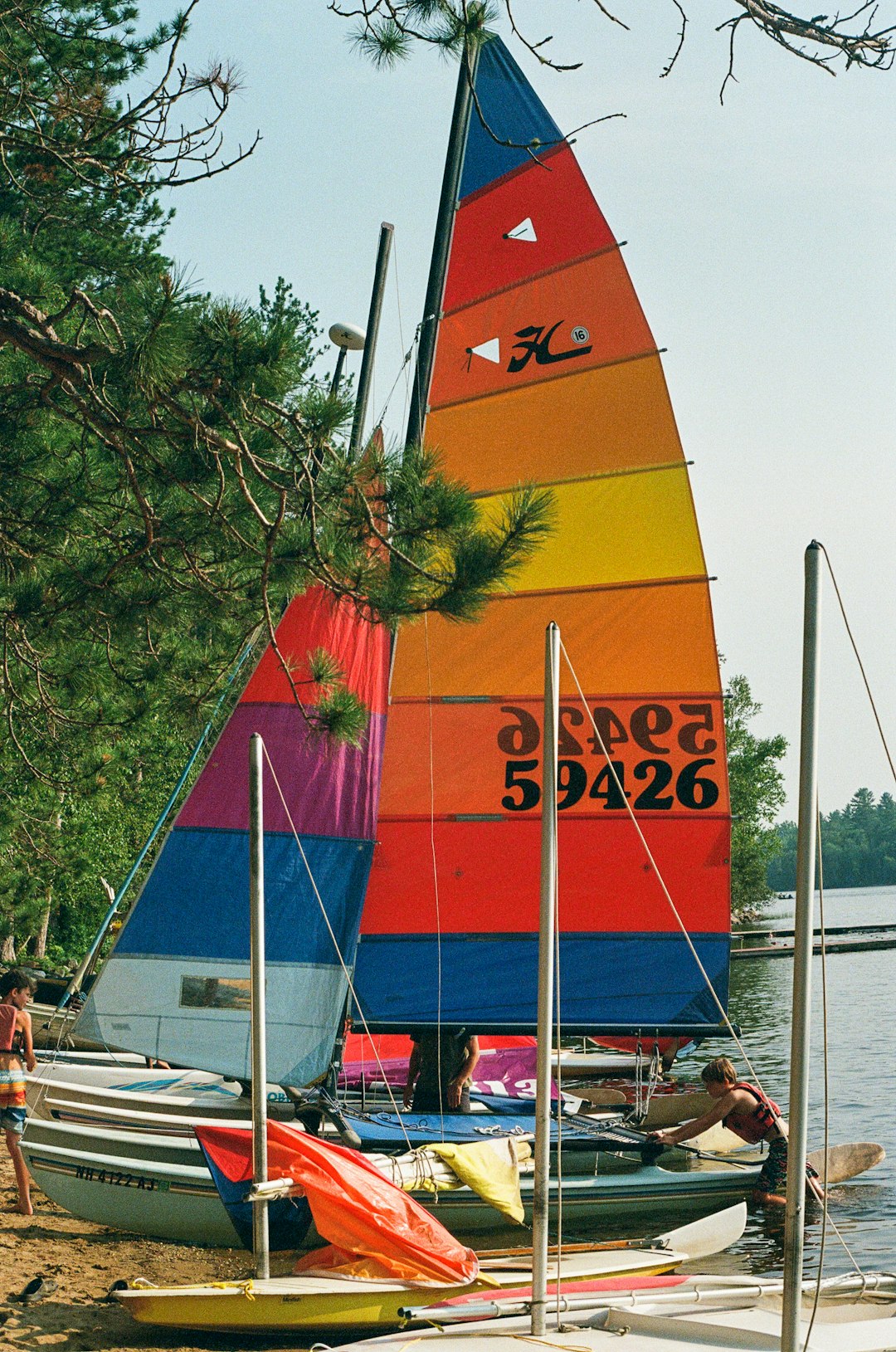In Maine, understanding and asserting your rights under the state's Unwanted Call Law is crucial for combating scams, especially those targeting anglers with fake fishing guide services. Registering your number with the Maine Public Utilities Commission and reporting violations to a specialized unwanted call law firm helps enforce the law and protect personal time. If scammed, document the incident and contact a reputable law firm for guidance on consumer protection, potentially leading to financial redress or other remedies.
In the tranquil setting of Maine’s Boundary Lakes, a sinister activity has been making waves—scam calls targeting unsuspecting fishing enthusiasts. This guide delves into the world of fight fishing guides scams, empowering you with knowledge on how to identify and avoid these deceptive practices. Understanding your rights under the state’s unwanted call laws is crucial. Learn what steps to take if you’ve fallen victim to such a scam and discover the legal options available to Maine residents through specialized law firms dedicated to protecting consumers from these insidious calls.
Understanding Unwanted Call Laws: Your Rights in Maine

In Maine, understanding and knowing your rights regarding unwanted call laws is crucial for protecting yourself from potential scams. The state has implemented regulations to combat nuisance calls, ensuring residents’ peace of mind. According to Maine’s Unwanted Call Law Firm, also known as the “Do Not Call” law, businesses are prohibited from making telemarketing calls to individuals who have registered their numbers on the state’s Do Not Call list. This legislation provides a layer of protection for citizens, allowing them to enjoy their personal time without intrusive sales or promotional calls.
If you’ve received suspicious fishing guide scam calls, it’s essential to act. You can register your number with the Maine Public Utilities Commission to prevent these unwanted interactions. Additionally, the law allows you to file complaints against violators, enabling the authorities to take necessary actions. By exercising your rights under the Unwanted Call Law in Maine, you contribute to a safer and more secure communication environment.
The Rise of Fishing Guide Scams: A Common Trick

In recent years, the fishing industry has seen a surge in fraudulent activities, with one particular scheme gaining traction: scam calls offering fishing guide services. These deceptive practices target eager anglers, especially those passionate about Maine’s renowned Boundary Lakes. Scammers often pose as experienced guides, luring victims with promises of exclusive access to prime fishing spots and guaranteed catch rates.
The unwanted call law firm in Maine has received numerous complaints from concerned citizens who have fallen victim to these fishing guide scams. Unfortunately, it’s not just a local issue; similar cases are reported across the country. Anglers must be vigilant, as these con artists exploit their love for outdoor recreation, leaving them with empty pockets and a false sense of expectation.
How to Spot and Avoid Boundary Lake Fight Fishing Guide Scam Calls

Unwanted call laws are in place to protect consumers from persistent and aggressive telemarketing practices, including those involving fishing guide scams. If you’ve received a suspicious call from someone claiming to be a Boundary Lakes fight fishing guide, it’s important to remain vigilant. Scammers often use high-pressure sales tactics, urging immediate decisions with limited time offers to scare victims into paying. They may even threaten to sue or claim that a relative has been caught fishing illegally, creating a sense of urgency.
To avoid becoming a victim, never share personal or financial information over the phone unless you initiated the call and are certain of the caller’s legitimacy. Verify the guide’s identity by contacting them through official channels, such as their business website or local fishing licensing offices in Maine. If you suspect a scam, report it to your local law enforcement agency and consider consulting an unwanted call law firm in Maine for guidance on protecting yourself from future harassment.
Legal Action: What to Do If You've Been Targeted by a Scam Call Firm in Maine

If you’ve received a scam call from an alleged Orient’s Boundary Lakes Fight Fishing Guide or similar operation in Maine, it’s important to take action. The first step is to document the incident, including the caller’s number and any messages left. Then, contact a reputable unwanted call law firm in Maine that specializes in consumer protection. These legal professionals can help you understand your rights and options under state laws designed to stop such fraudulent activities.
Many states, including Maine, have strict regulations against telemarketing scams and unwanted calls. A qualified attorney can file a complaint on your behalf, potentially leading to financial compensation or other remedies if the firm is found guilty of illegal practices. Don’t hesitate; acting promptly increases your chances of resolving the issue successfully and preventing future harassment from similar entities.






